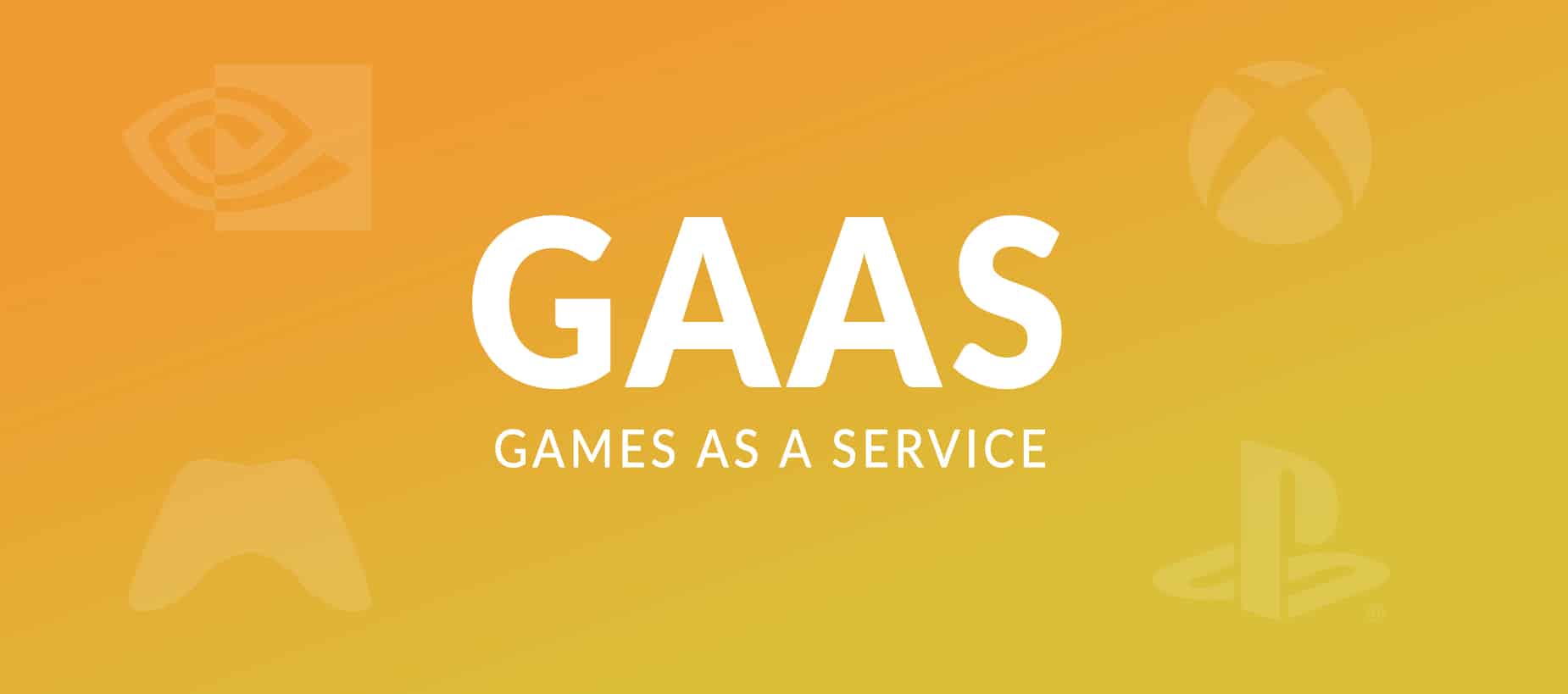Over the last decade, the gaming industry has evolved sufficiently in their business models. A revolution of monetization swept through franchises around the world, and new projects were hamstrung with a new growing set of philosophies.
The most prevalent model pushed was without a doubt Games as a Service, a method of developing significant monetization in the games after they were released. This trend saw the birth of many great successes, the F2P game Warframe being a prime example, but also saw to the destruction of significant integrity for many publishers.
With the dawn of the next decade here, it’s time we explore the question. Has the bubble finally burst on Games as a Service?
On-Demand Disappointment

Games such as Destiny 2, Overwatch, Fortnite, and Apex Legends are just some examples of titan successes of this formula. They are games tailored towards seasonal content, delivered on a strict road map of development, with set price tags for every step of the way.
Yet these games, and many like them, have repeatedly caused uproar for their predatory tactics towards monetization. A scandal of loot boxes, a sub issue of the whole model, broke out and had government officials calling for tighter laws around gambling in video games.
A Flawed Philosophy
The idea behind Games as a Service is an advertising one, which is that the consumer wishes to have a relationship with the product. To achieve this, they create the game in a way that not only builds that long drawn out relationship, but inspires financial investment as well.
It fails to factor in that players don’t really care about long relationships with games, they care about fun. Some players play games for a long time, others do not.
It’s all About the Whales

Despite the disconnect of Games as a Service, and the interests of many gamers and their wallets, the model is so incredibly successful that we’ll likely never see the end to it. The prevalence of whales, which are players who spend large sums of real money on the game, is far to much for publishers to not take advantage of.
There has been a reluctance from developers to overstep their bounds with the model, a response to the almost nuclear reaction seen by governments to loot boxes.
It’s no surprise more and more games are trying to shake up their service model, and do away with loot boxes all together.
Are direct purchase cosmetics, and season passes the way of the future?
Tell us your thoughts in the comments below.





